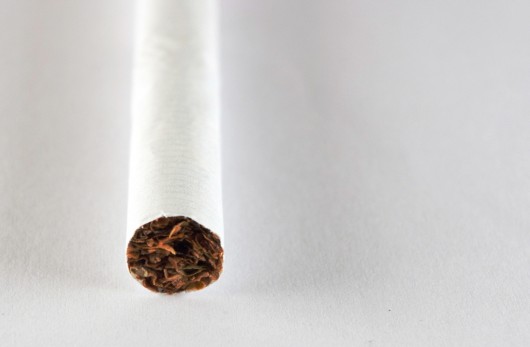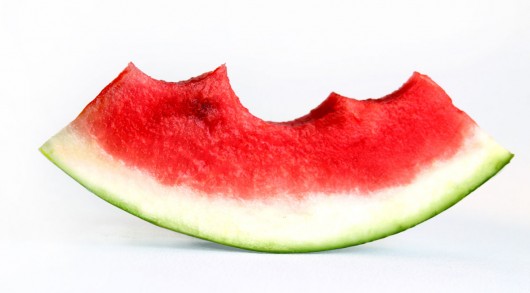What Are Free Radicals?
Free radicals are of great concern to anyone who wants to stay healthy. You’ve probably heard of how dangerous these substances are and how important the antioxidants that fight them are, but few truly understand the difference. Fortunately, this quick guide will teach you all you need to know.
Understanding free radicals involves learning a little bit about their chemical background. Your body is made up of many connected parts. The organs and tissues that form these parts are all made of cells. In simple terms, each cell is an independent unit that processes its own waste and ingests nutrients, in addition to performing various other functions.
The Chemistry That Drives Our Cells
How do cells work? The answer varies depending on the particular cell. Some generate the energy used to move muscles and others send nervous impulses, but all are powered by chemical reactions. These reactions, or interactions between the electrons that surround every atom in the universe, also occur within our bodies. Without the many different molecules, or groups of atoms, that chemical reactions produce, we could not survive.
Chemical Reactions: All About Charge
Chemical reactions usually result in bonds between specialized molecules, creating compounds like vitamins, minerals and other substances used to build cells. Reactions occur because some molecules have positive and negative electrical charges as a result of the way their electrons are arranged. In most cases, chemical reactions keep occurring until these charges have been balanced or canceled out completely.
Free Radicals: Unbalanced Products
Sometimes, however, reactions produce free radicals. In chemical terms, radicals are sort of unbalanced factors. These molecules retain charges for any number of reasons, depending on the reactions that formed them.
Because charges are what attract atoms to each other, free radicals that have unbalanced charges are very reactive. Free radicals are far more likely to cause chemical changes than other balanced molecules, and these changes can be harmful or helpful.
While some free radicals are necessary to biological functions or occur as intermediate stages of more complex reactions, others sit around with no use, waiting until they contact anything they can react with. As your body is a whole mass of atoms and chemical compounds, free radicals usually don’t have to travel that far to find something they can mess up.
Free Radicals All Around
A very common radical reaction you’re probably familiar with is rusting. Rust is built up as a result of charged oxygen atoms from water reacting with metals, producing corrosive byproducts which are often brown in color. While these reactions are quite a regular occurrence in metal in cars or appliances, they are also responsible for the browning you see in cut apples left exposed to the air.
Rust reactions occur because the oxygen in moisture has a charge. While water is a complete molecule, its unbalanced, or polarized, form means that it tends to react, coming apart easily to leave charged oxygen behind. This oxygen joins with the metal molecules in your body just as easily as it does those in a piece of iron. While your body might not become a rusted hulk like an old ship, it does undergo internal changes.
A Good Environment for Radicals
Our bodies are mostly water, so there’s plenty of material to generate free radicals, and many are useful. Some substances, like Vitamin E, are radicals that help us by reacting with strays, locking up harmful compounds before they can do damage. There are just as many, however, that can react with molecules in our DNA or cell walls, leading to cancers or other mutations. The byproducts of water molecule breakdown, for instance, can cause harm in high quantities, and even normal biological compounds in our bodies can act as harmful free radicals in certain situations.
Antioxidants: The Helpful Radicals
When radicals tend to sit around for relatively long periods of time, they’re called persistent radicals, or those that remain unchanged by chemical bonding. These include vitamin E and vitamin C, and because they tend to sit in the body and react with more dangerous short-lived radicals like oxygen, they are known as antioxidants. Antioxidants are indeed radicals, but they perform the vital function of preventing other unhealthy free radicals from interacting with the parts of our bodies that they shouldn’t combine with.
How Are Free Radicals Produced?
To sum things up – free radicals are produced during the various normal metabolic activities carried out by our bodies. There is nothing much we can do here. But free radicals also exist in our environment. These are the free radicals that we can sometimes avoid. How?
Sources Of Free Radicals In Our Environment
These are the main sources of free radicals around us or to put it better the main sources of free radicals that we can control. If we can avoid these sources we can avoid these free radicals affecting our bodies:
- Pollution, especially polluted air,
- A huge part of air pollution is automobile exhaust,
- Smoking and cigarette smoke,
- Sun light (UV rays)
- Alcohol consumption
- Emotional stress
- Exposure to heavy metals like mercury, cadmium, lead…
- Radiation
Since this is a fruit juice website it doesn’t hurt to again point out that natural juices are a great source of free radicals fighting antioxidants.




